
Sequel Overload - Article
by VGChartz Staff , posted on 22 November 2012 / 3,797 Views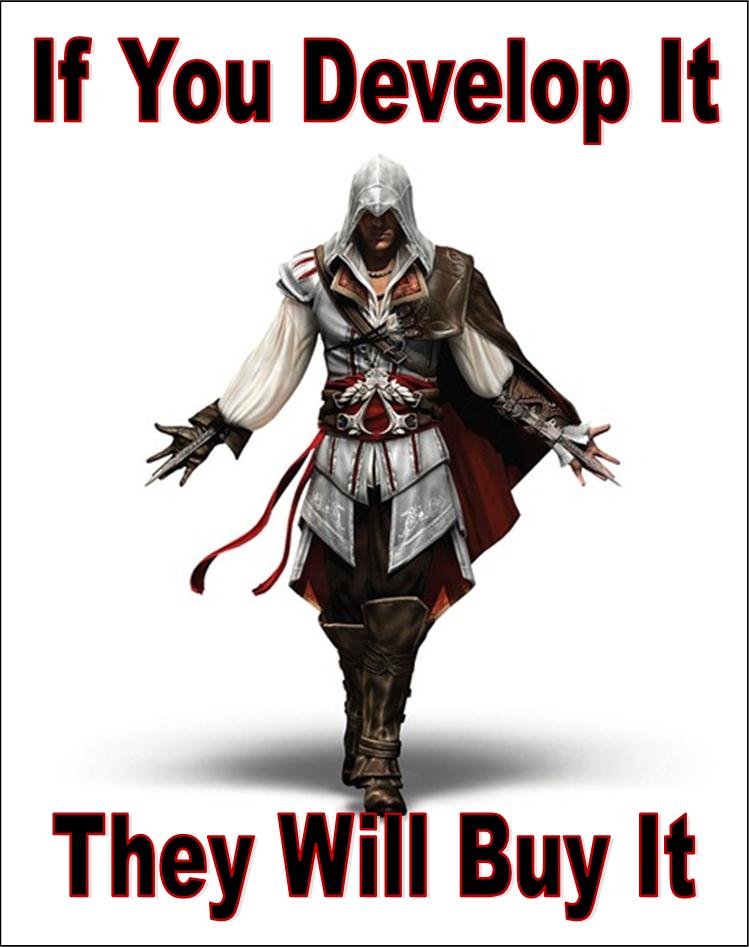
As we approach December it’s impossible not to note that Christmas is around the corner - even for those like me who turn their noses up at the idea of Christmas adverts in November.
If you're like me you'll also be tight fisted with your money and tend to wait out games with an October-December release in the hopes of getting some as presents.
Your list of wanted games will probably make for familiar reading. For the past three years now Assassins Creed, Call of Duty and Pro Evolution Soccer have all made recurring visits to my stocking, and are now almost a part of the routine of Christmas (wake up early, open presents, finish Call of Duty’s campaign in 4 hours...). That’s not to say other games don't make my list; Halo 4 is perhaps my most anticipated game this fall.
But isn't there a clear danger of us being overloaded with such sequels, especially the ones that are constantly being churned out? Wasn't the very reason for the extent of anticipation for Halo 4 directly related to it being the first proper sequel in the franchise for several years? Franchises that are the subject of repeated releases are in danger of cheapening their own products.
The answer from a consumer point of view is simple, obviously - just don’t buy the games that are being released year in year out. Fair enough, except for when it comes to games like Assassins Creed, where you've probably been following the plot since the original release (which was back in 2007)and so feel invested enough to stick with the franchise, even through the decidedly mediocre entries.
The quality of these games doesn't necessarily decrease with each sequel. Call of Duty, for the most part, gets better each year. Indeed, in the case of most of these annualised franchises the games are improved each year, albeit in small increments. And that is the core problem I have with these types of sequels. Not that they don’t improve, but that they don’t improve enough to justify the cost. The graphics, the gameplay, the quality of the story; these things seem to only show minute amounts of progress, while the franchises that are given time to breathe - and a longer development process - feature much greater jumps in quality.
Take your Borderlands and Grand Theft Auto’s, for example. These are franchises where the developer has been able to take its time to produce a sequel that is truly superior to its predecessors.
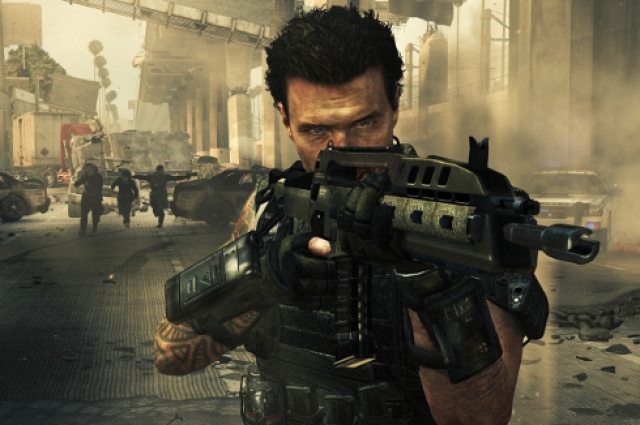
Maybe that is half the reason why I’m so happy to wait for some games like Call of Duty until Christmas, because at least then I can try and hype the occasion. If I got it at launch the buzz would die pretty quickly; I'd indulge myself and get a quick fix before moving on.
People on the other side of the fence might reasonably say that if all gaming sequels suddenly took years to be released then surely the all-important holiday market - not to mention the drier spells of the year - would look a lot less jolly from the consumer point of view. But as consumers we have the right to ask for the very best, and gamers can be some of the fiercest critics - look at the backlash of Mass Effect 3’s ending, for example.
As ever, the answer is not quite so simple as you might initially think, because maybe it takes the annual Call of Duty releases to fully appreciate the Grand Theft Autos that are crafted lovingly and with immense detail. Having said that, I’m not sure I could properly appreciate having my stockings filled every other year, so perhaps I should be careful what I ask for.









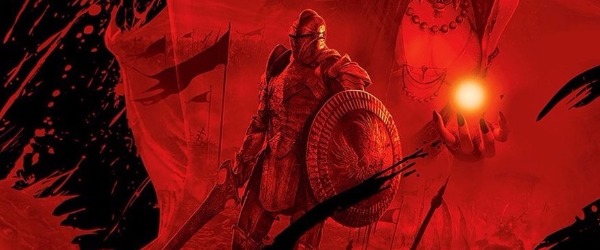
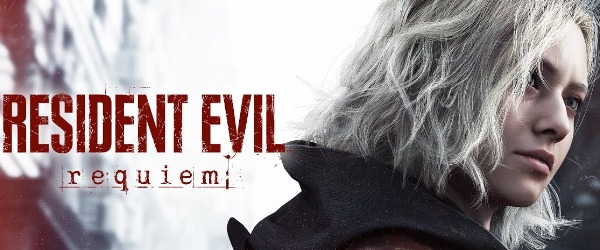
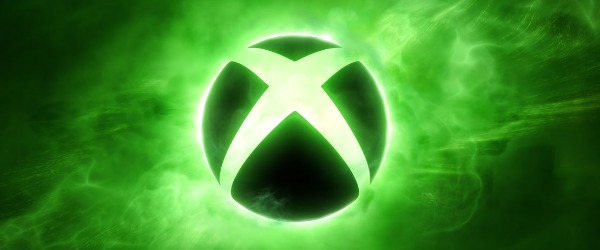










 Essay Pro
Essay Pro